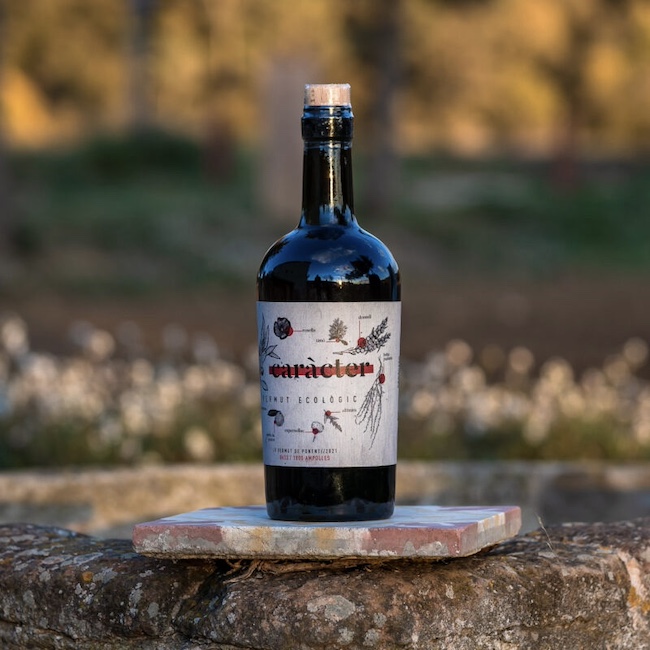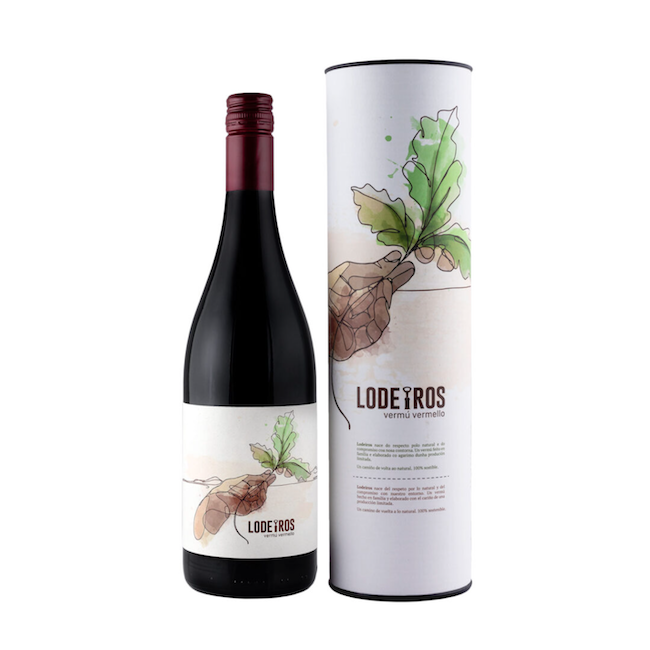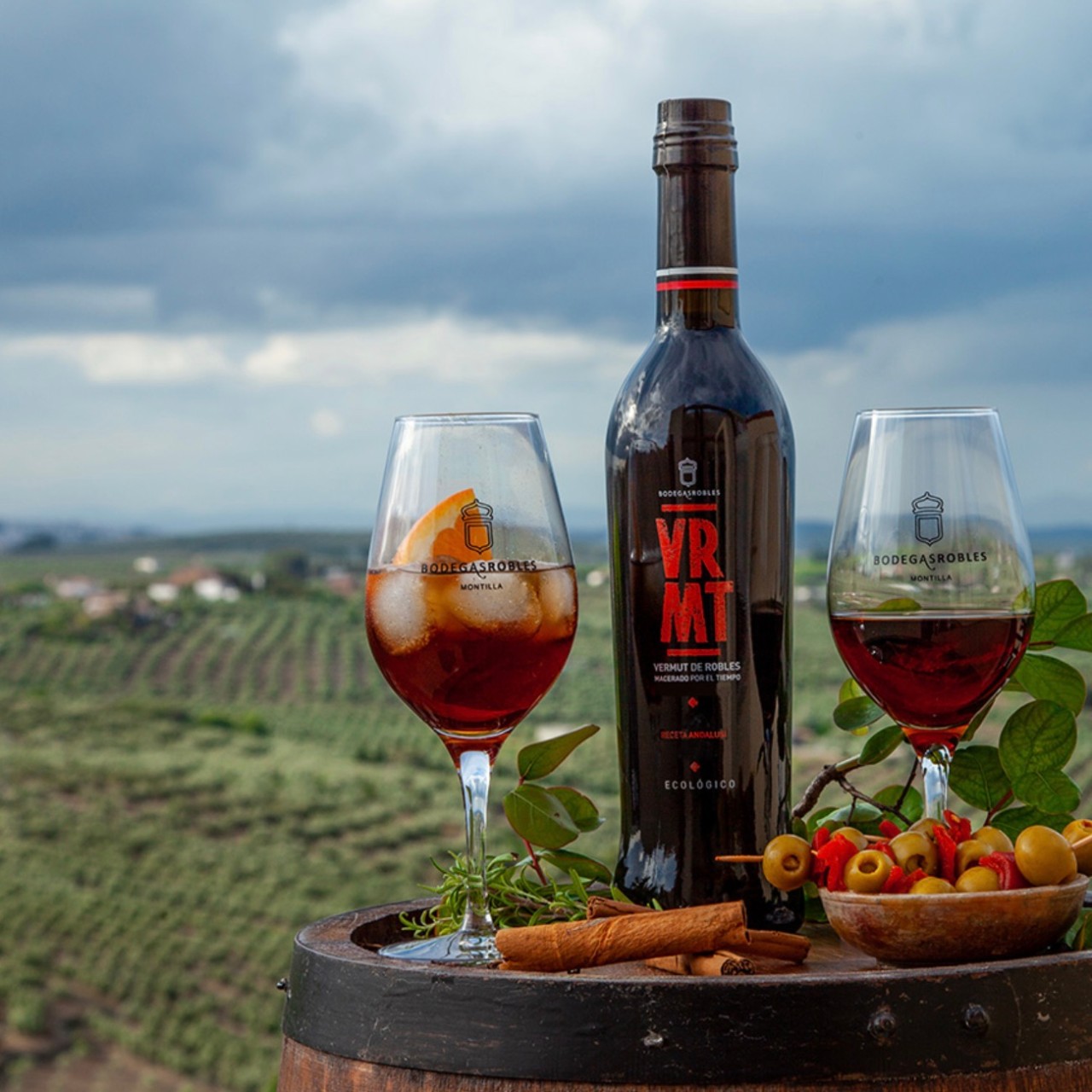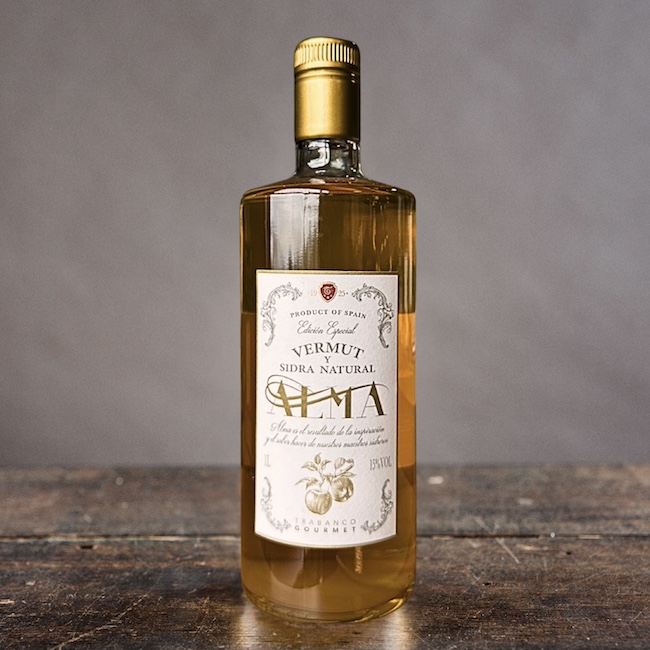by Javier Fernández Piera - @javierfpiera
.png.transform/rendition-xs/image_image%20(1).png)
From La Alcarria to Catalonia, passing through Galicia, Andalusia, and Asturias: a botanical journey through landscapes of flavor

by Javier Fernández Piera - @javierfpiera
Spain cannot be understood without its landscapes, nor those landscapes without their aromas. Nobel Prize-winning Spanish writer Camilo José Cela knew this when he walked through La Alcarria with his notebook, and Miguel de Cervantes expressed it with more intuition than scholarly precision: “the virtues of rosemary and rue are worth more than an armed army.” And yet, for centuries, outsiders—like the French-devoted writer Alexandre Dumas—could only seem to notice garlic. “Everything in Spain tastes of garlic,” he wrote disapprovingly. But we’ve always known that garlic was only the beginning. Because what grows along our roadsides, borders, gardens, and meadows is not mere seasoning—it is liquid culture, the secret principle behind our vermouths.
Whether by contrast, affinity, or intensity, the harmony between food and vermouth rarely leaves one indifferent. The sweetest ones aren't reserved just for dessert: they pair well with salty dishes and those with pronounced acidity, like anchovies or Galician seafood. The spicier varieties stand up boldly to hearty, traditional stews. And the more subtle, aromatic, and floral vermouths call for aged cheeses or cold appetizers, where the play of nuances can unfold without overwhelming the palate.

Caràcter: Ponent Vermouth, Mountain Spirit
Talking about Caràcter, from the Tres Cadires cooperative (Lleida, Catalonia), is talking about landscape transformed into a recipe. It emerged from a dialogue between Carles from Àlquia and Andreu from Tres Cadires, but the real turning point came from Airy, an ethnobotanist and collector of stories. She turned her thesis on the region’s medicinal plants into the roadmap for a 100% local and organic vermouth—no citrus, no compromises.
Caràcter is a vermouth that smells of thyme, olive trees, and slow afternoons in the Costers del Segre. Its wine base comes from L’Olivera, its sweetness from wild fruits (fig, pomegranate, strawberry tree cherry, rosehip), and its bitterness from a symphony of artemisias—not only vulgaris, but also absinthium and pontica, rare and replanted in certified fields.
Special mention goes to ontina (Santolina chamaecyparissus), a plant traditionally used for digestive and antiseptic purposes, which gives Caràcter a resinous, floral note. And then there's the Arbequina olive, which instead of adding bitterness, provides roundness and a silky texture. The aged version, Caràcter Reserva, spends seven months in oak barrels and adds more spiced, almost exotic notes—without betraying its origins.

Lodeiros: Galician Vermouth, No Added Sugar, with Atlantic Soul
In A Coruña (Galicia), Bodegas Lodeiros has set itself an almost quixotic goal: to reinvent Galician vermouth starting with native white wine and eliminating added sugar. Galicia, land of witches, rain, and ferns, offers a natural pharmacy that here becomes a recipe.
Notable botanicals include gentian, wormwood, bay leaf, mint, orange peel, and cinnamon, all carefully gathered. In its organic version, the herbal notes stand out even more, resulting in a drier, more mature, and distinctly Galician profile.
From their base in Santiago de Compostela, Bodegas Lodeiros crafts vermouths that encapsulate the essence of Galicia. Known for its Atlantic climate and fertile soils, the region offers a wide variety of high-quality agricultural products. Beyond vermouth, Galicia’s green landscape yields fresh seafood, cheeses, and fine wines. The winery also produces liqueurs like coffee liqueur and crema de orujo, paying tribute to Galician tradition. Their commitment to authenticity and sustainability is embodied in the “Camiño Natural” project, which promotes environmentally friendly practices throughout their production chain.

VRMT Robles: Andalusian Signature Vermouth
The VRMT project by Bodegas Robles in Montilla (Córdoba, Andalusia), in collaboration with chef Paco Morales, is arguably the most artistic of them all. It starts with an organic oloroso wine aged 8 years in oak barrels, but what truly sets it apart is its botanical interpretation of Andalusian gastronomy.
Here, clove, cinnamon, wormwood, elderflower, and gentian take center stage, accompanied by notes of vanilla, membrillo (quince paste), and honey. Morales worked with these ingredients as if interpreting a poem by Al-Mu’tamid, creating a deep, spiced vermouth with a lingering finish.
At the heart of the Montilla-Moriles Denomination of Origin, Bodegas Robles has been a pioneer in organic production since 1999. The region is known for its fortified wines made from the Pedro Ximénez grape, and for products like extra virgin olive oil, jamón Ibérico from Los Pedroches, and artisanal vinegars.

Alma de Trabanco: White Cider Vermouth from Asturias
In Asturias, the Trabanco winery dared to cross its most iconic product—cider—with the world of vermouth. The result is Alma, a white, unfiltered vermouth made from natural cider and white wines. Here, the citrusy acidity doesn’t come from lemon, but from apple.
Its botanicals could fill a traveler’s herbarium: wormwood, dittany, artemisia, gentian, boldo, cinnamon, star anise, coriander, vanilla, and fruits like cherry and citrus peels. After maceration, the vermouth rests for 30 days to settle its aromas—like a good stew.
Trabanco is a family name in Asturias that has cultivated more than 50 hectares of apple orchards, using native varieties to preserve local biodiversity and craft drinks that harmonize with regional cuisine: cheeses with Protected Designation of Origin like Cabrales PDO and Gamoneu PDO, or fabada asturiana (bean stew). The region promotes its products under the brand “Alimentos del Paraíso Natural,” highlighting their quality and authenticity—and now has one more reason to toast: its vermouth.
The Soul’s Medicine Cabinet
In Spain, vermouth isn’t just an aperitif. It’s a capsule of time and place, of long conversations and slow glances. When passing through Cifuentes (In La Alcarria, Guadalajara, Castile - La Mancha), writer Camilo José Cela wrote: “the women wash their clothes to the sound of singing and the scent of lavender.” Dumas, who once complained about garlic, might have understood better had he tasted one of these glasses—complex, honest, and deeply ours.
Here, there are no secret formulas made in labs, only recipes recovered from the earth, as if each vermouth were an act of resistance and remembrance.